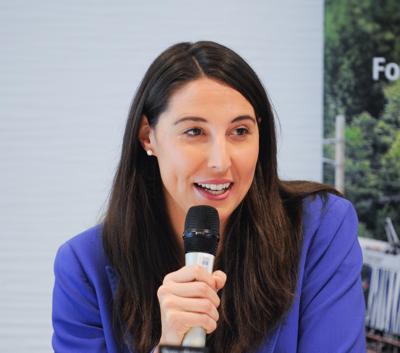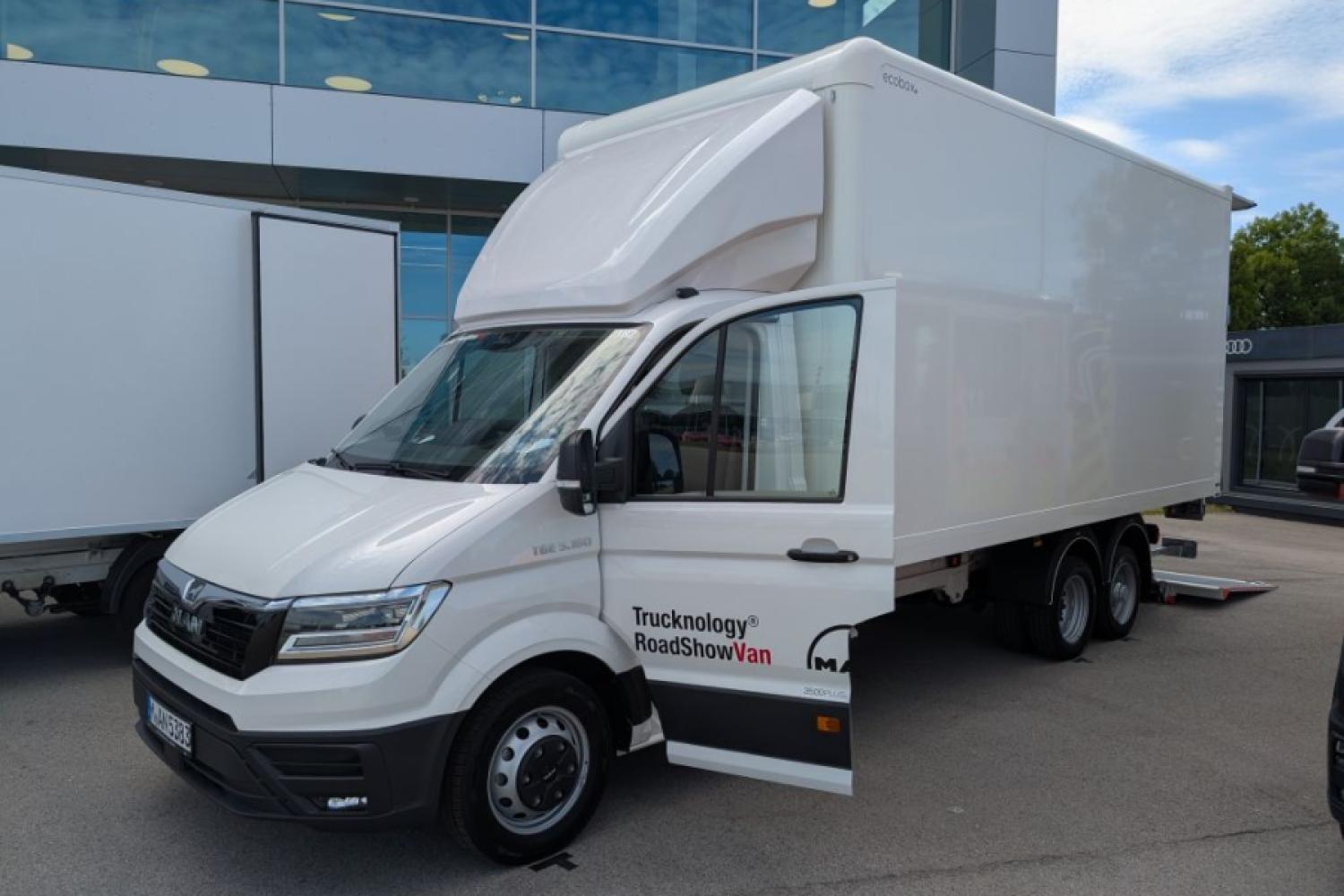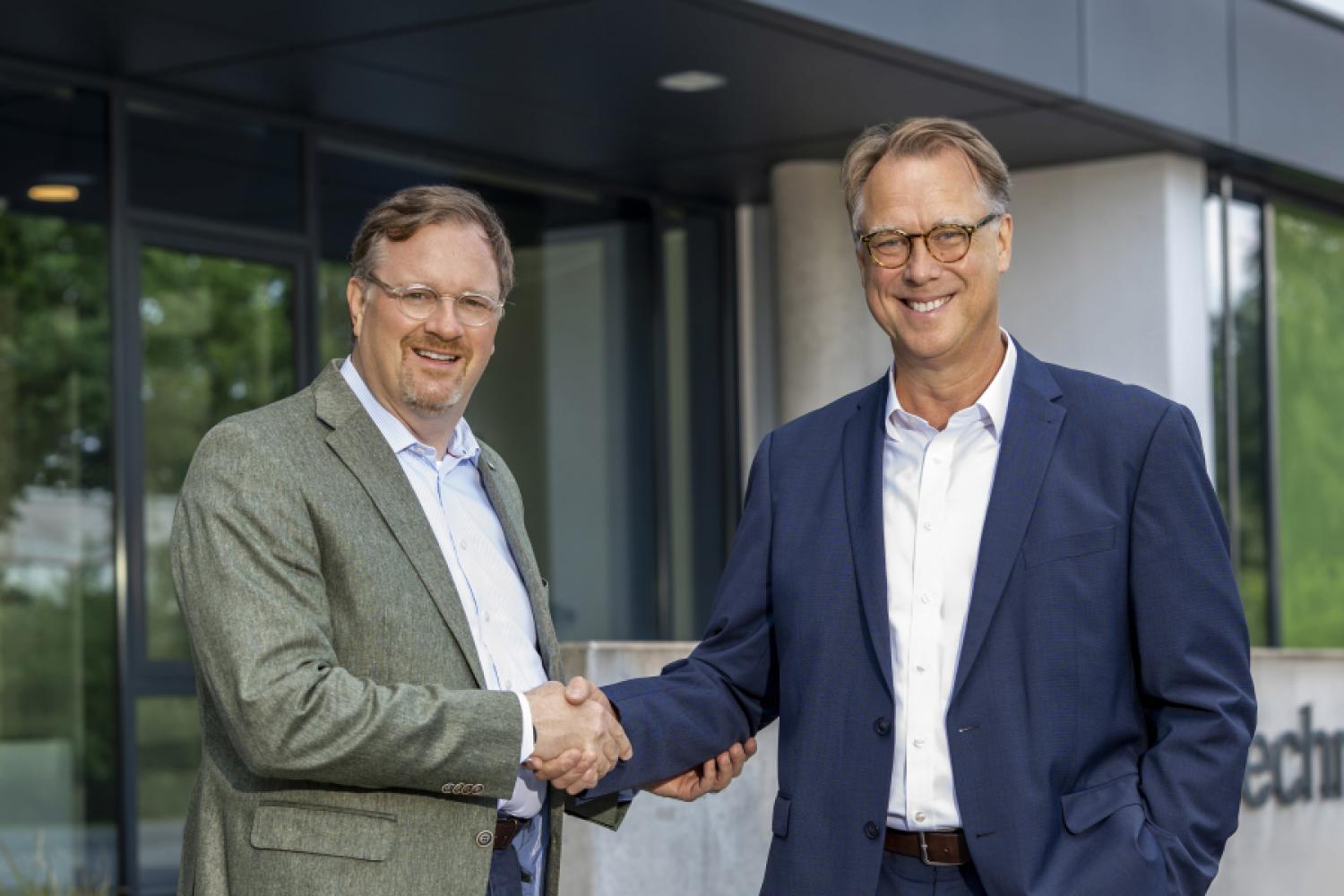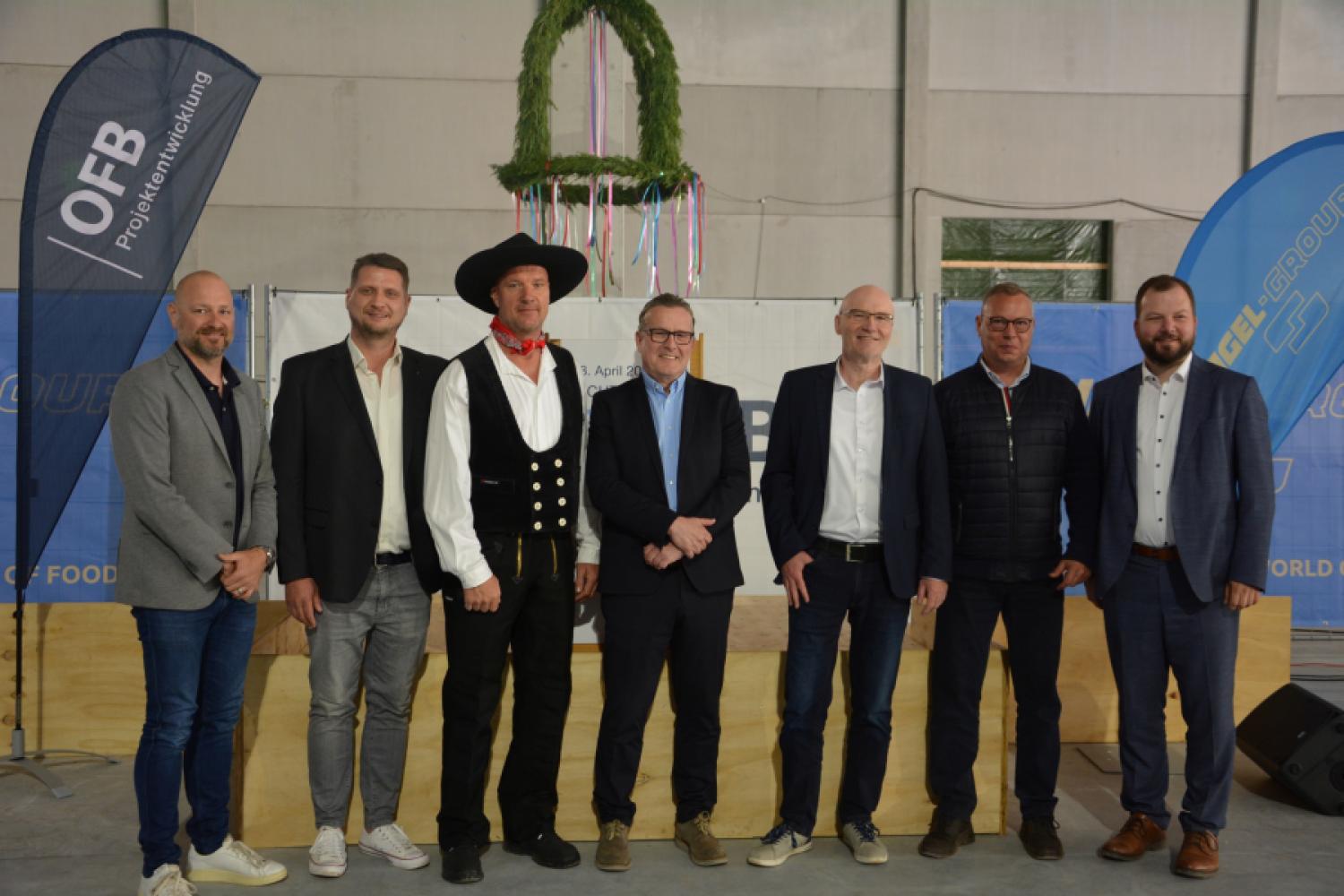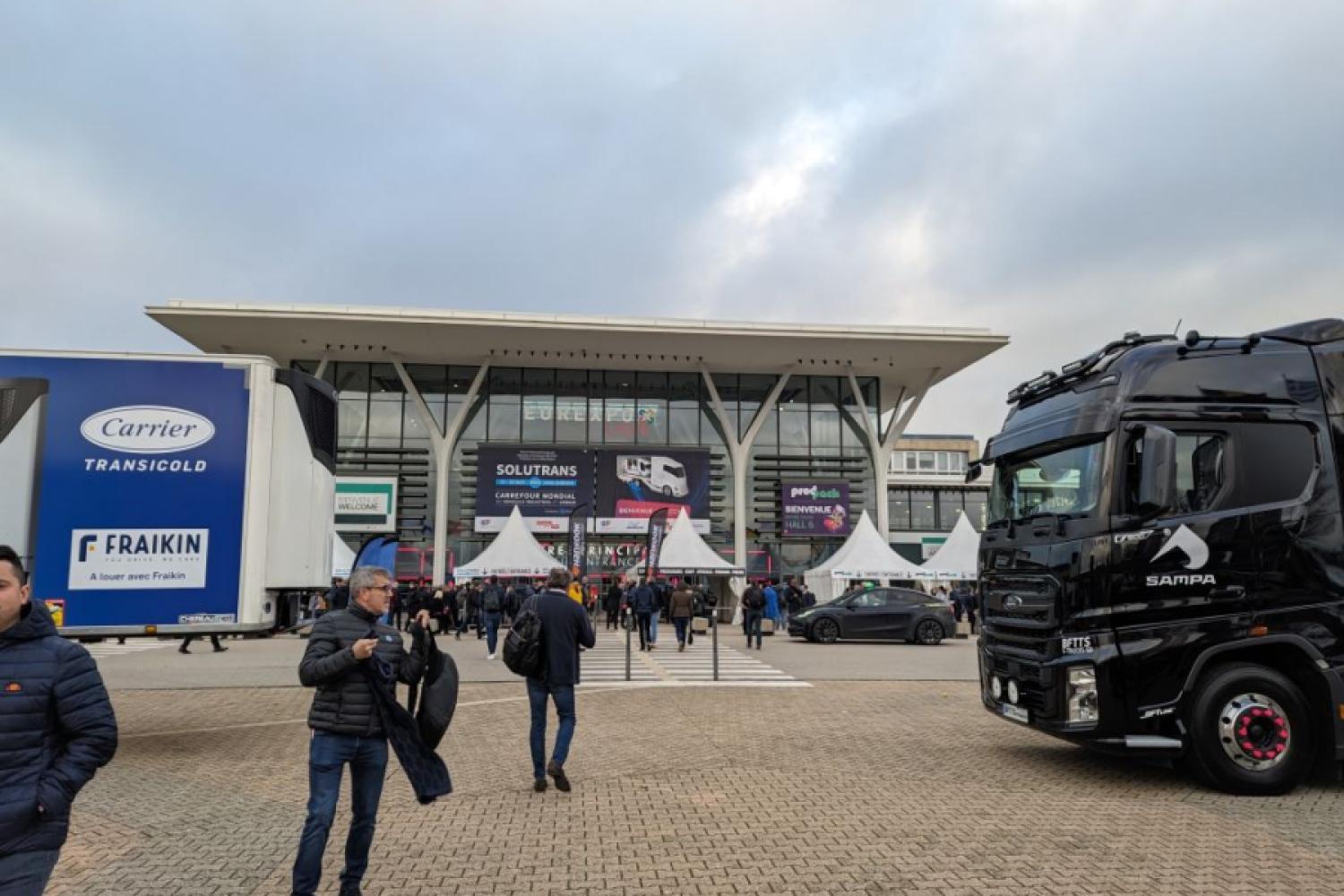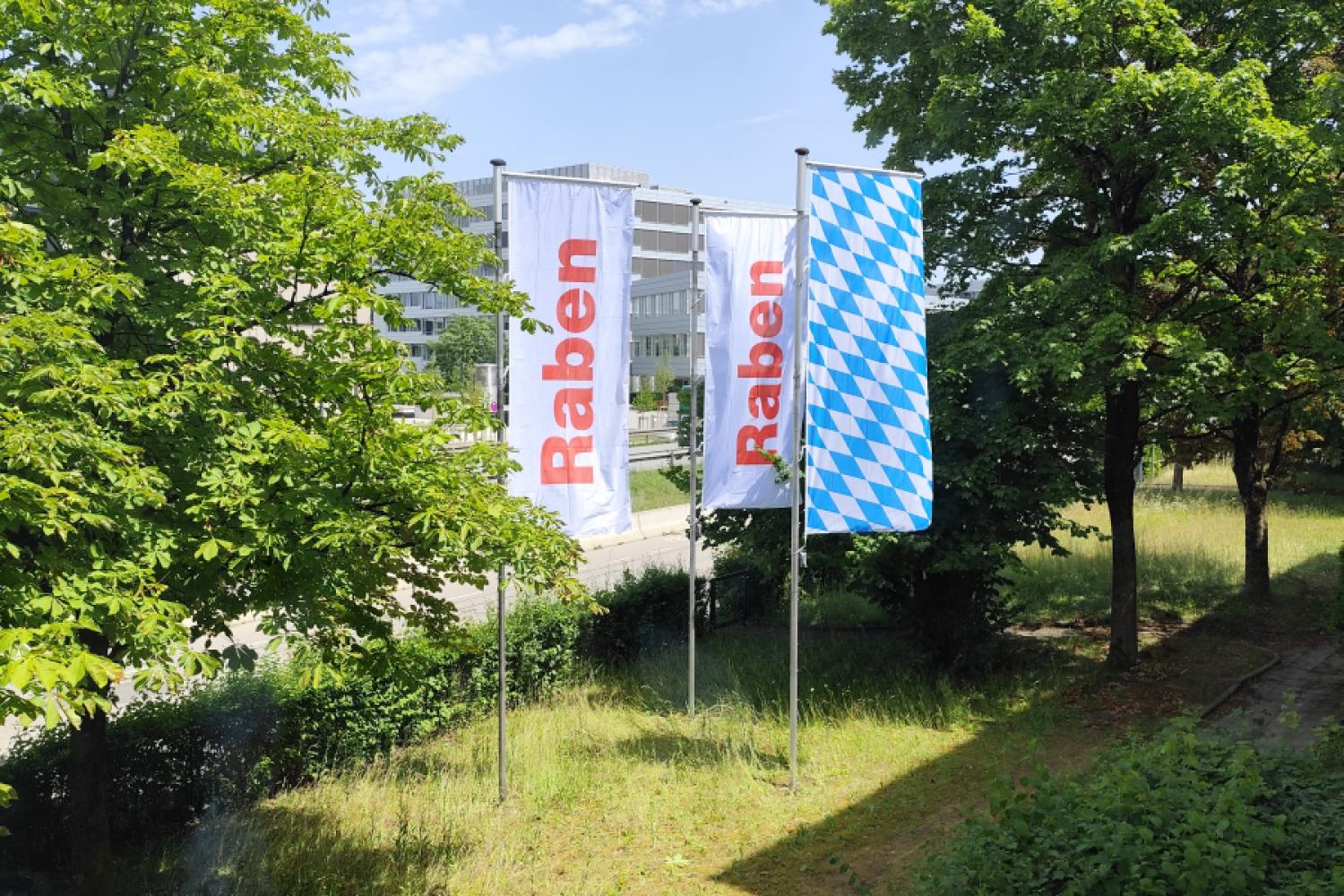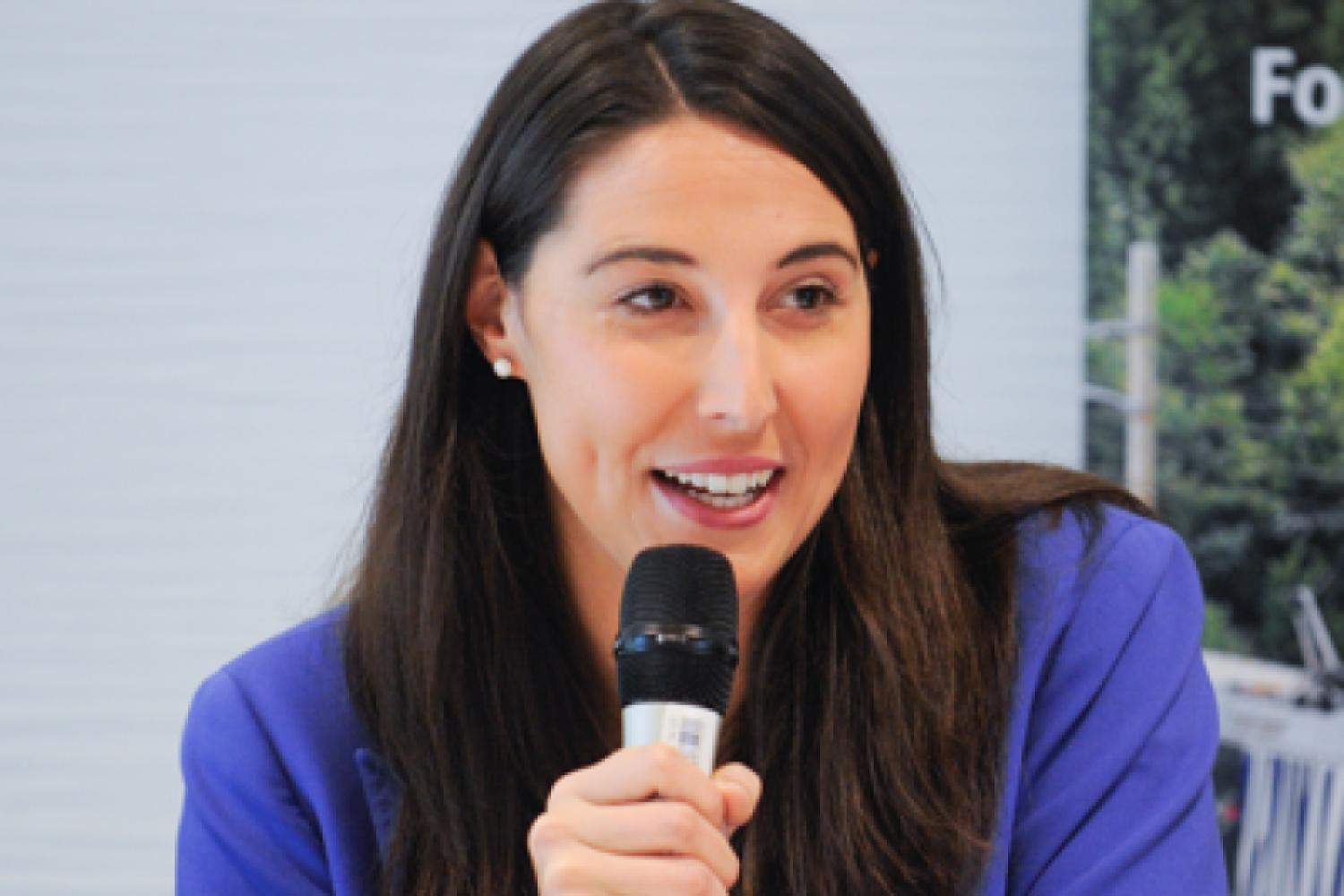Kombiverkehr KG wants to revive the EU directive on combined transport that has been stagnating for years. Together with MEP Sophie Kircher, the company has initiated a political lunch debate in the European Parliament. The aim of the event was to overcome the political stalemate in the debate about the future of combined transport and to set new impulses for rail freight transport in Europe. The information comes from a press release by Kombiverkehr.
The background of the initiative is the third draft of the EU Commission on the directive on combined transport, which was already presented in November 2023. However, the further development of the directive is stagnating. According
to Kombiverkehr, lack of standardization, implementation deficits in the member states, and a stalled legislative process are hindering the expansion of combined transport in Europe. The industry warns of the impact of the lack of planning security.
"It's high time for this debate to get things moving again in combined transport," said MEP Sophie Kircher, deputy chair of the Transport Committee in the European Parliament.
A modern and efficient transport system is one of the most important foundations for the competitiveness of the EU.
"The direction is clear: We need a significant shift in transport away from road to rail. It is very important how the legal framework looks like,
especially in the Alpine regions, so as not to eventually generate more road traffic," Kircher continued.
According to the press release, the event focused on the challenges of the existing directive, a clear definition of combined transport, alignment with existing legal acts such as the weight and dimensions directive, and the impact of national subsidies on competition. The handling of crisis situations, such as the snow chaos in 2019 or bottlenecks at the Brenner corridor, was also discussed.
Armin Riedl, Managing Director of Kombiverkehr KG, specifically called on the Polish presidency of the Council to take action: "The issue of combined transport is too important to be left unattended any
longer." Since the late 1990s, no progress has been made in revising the directive.
"A growing industry needs strong freight transport. And this is not possible without a powerful combined transport system based on an innovative, comprehensible, and overhauled combined transport directive," emphasized Riedl.
Kristian Schmidt, Director of the Directorate-General for Mobility and Transport (DG MOVE), also called on the member states to assume their responsibilities and decisively implement the common European goals in the transport sector.
With the debate in Brussels, Kombiverkehr aims to send a clear signal, according to its own statements. The further development of combined transport is a crucial component for a climate-friendly and resilient European
